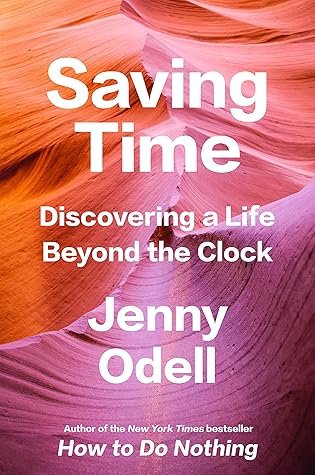More on this book
Community
Kindle Notes & Highlights
by
Jenny Odell
Read between
July 31, 2023 - June 15, 2025
The tragedy of fungible labor time lies first in its historical association with coercion, exploitation, and the imagining of people as machines. Time is the punitive dimension in which the wage worker is both measured and squeezed. But beyond that, an overemphasis on fungible time upholds an impoverished view of what time and labor are in the first place. The industrial view of time as money can see time only as work, the masculinized work of a machine with an On/Off button. Like a grid spreading outward from the Taylorized workplace, whether on the warehouse floor or on a gig platform’s
...more
Addressing the global rise of burnout, Rosa observes that drugs that slow people down are declining in favor of speed, amphetamines, and other substances that “promise ‘synchronization’ (like Ritalin, Taurin[e], Modafinil [sic], etc.).” Most forms of human “enhancement,” he says, involve getting faster at something.
This same limitlessness is what leads the achievement-subject toward burnout. Trained to set her sights on infinity, she never experiences the feeling of having actually reached a goal and, instead, exhibits the “auto-aggression” of the master and mastered rolled into one. She is forever “jumping over [her] own shadow,” frustrated at the impossible gap between what is and what could be.
“In positing all of human existence as an endless striving toward market society, neoliberals had to erase not just the possibility of a future but all memory of a past when humans managed to organize themselves in other ways.
Handke compares “divisive tiredness,” the isolating exhaustion of burnout, with a more resigned “tiredness that trusts in the world” (or surrenders to a lake). Too worn out to grasp, and forced to sit back, the tired and resigned person finds that something else floods in: the world, in all its detail, its constantly acting and infinitely dispersed agents, and its minute-by-minute changes.
Similarly, Handke describes a certain kind of tiredness as enabling “more of less of me,” the reality that expands when the ego recedes. Quoting Handke, Han writes, “The trusting tiredness ‘opens’ the I and ‘makes room’ for the world….One sees, and one is seen. One touches, and one is touched….Less I means more world: ‘Now tiredness was my friend. I was back in the world again.’ ”


